On November 14th, 2013, at the Ankara Palace, moderated by Ambassador(r) Alev KILIÇ, the Center for Eurasian Studies hosted its monthly "brainstorming" meeting titled "G-20 – The Global Economic Forum, with Australia in the chair in 2014 to be followed by Turkey in 2015." Undersecretary of Treasury of Turkey, Mr. İbrahim Çanaklı, His Excellency Ambassador of Australia Ian Biggs, and His Excellency Mehmet Gücük, Ambassador, deputy Undersecretary of the Ministry of Foreign Affairs and Sherpa of Turkey have made presentations during the meeting.
Mr. Çanakçı indicated that he would make his presentation in four parts: in general terms the formation of G-20 and its development up until now, G-20 agenda items, what G-20 has accomplished so far and what more it must accomplish, and preparations for Turkey’s 2015. Indicating that he would not go into much detail concerning Turkey’s agenda items, Mr. Çanakçı explained that the reason for this was that it was far too early and that the 2014 agenda would be determined by Australia. Çanakçı indicated that the G-20 financial route would consist of forming and continuing an effective coordination of policies for the purpose of attaining strong growth and global financial stability, redesigning international financial structures so that they can respond more successfully to current financial realities, and strengthening financial regulations in order to prevent future crises. He indicated that like what Russia had done during its chairmanship, chairmanships could add new items to the agenda. Indicating the foremost challenges that have been so far faced and that can be possibly faced, Çanakçı explained the approaches to general agenda setting based on three elements: the “legacy” element that come from former chairs, the “cyclical” element within the scope of the global economy and current economic situation, and the “idiosyncratic” element that reflects the perspective of the ongoing chairmanship. He concluded his presentation by informing the participants about the structure of the consultancy board that will be established for the G-20.
As the second speaker, Ambassador Ian Biggs began his presentation by giving information about the bilateral relations between Turkey and Australia. Ambassador Biggs indicated that the G-20 brings together the globally important developed and developing economies. He went on by indicating that the biggest opportunities that the G-20 creates are that it stabilizes the global economy and forestalls a general failure of the global economy. Ambassador Biggs gave general information within the context of the past and the present of the G-20 meetings, and continued his presentation by indicating that the G-20 also facilitates cooperation between heads of governments and companies. Ambassador Biggs indicated that the general policy that will be adopted under the chairmanship of Australia is “strong, sustainable, and balanced growth.” He emphasized that the Australia will be adopt a form of “top down” leadership, and that practical and accessible actions are important within collective decision-making systems. Mentioning that Australia will be maintaining - determined as a goal during the St. Petersburg summit - the increase of economic growth and job creation as agenda items, Ambassador Biggs indicated that Australia has three main goals to achieve this goal: strengthening the private sector and creating jobs, increasing the resilience of the global economy, and improving the functioning of the G-20. Indicating it as the “idiosyncratic” element of Australia’s chairmanship, he indicated that Australia is planning on removing local impediments and improving commercial growth. Ambassador Biggs concluded his speech by presenting in detail about Australia’s initiatives that they believe will have great impact on development.
As the last speaker, Deputy Under-Secretary of the Ministry of Foreign Affairs, Turkey’s Sherpa, Ambassador Mehmet Gücük began his presentation by indicating the G-20’s place in the international system and how Turkey views the G-20. He continued on by emphasizing that G-20 contains within it both developed and developing countries, and that is an important platform from the perspective of economic cooperation and policy coordination between these countries. Deputy Undersecretary Gücük pointed out that the G-20 is regarded as being more than just one of the tools for solving economic crises, and continued his presentation by reminding that - as determined in St. Petersburg - growth and employment remain as agenda items. He indicated that Turkey places importance on the topics of energy, economic growth, development, and employment as well. In addition to these Ambassador Gücük indicated that it is necessary for regional cooperation to be made more transparent in line with the policies of the World Trade Organization and for open trade to remain as an important priority. He also added that Turkey hopes that migrants are added as a vulnerable group that must be integrated into the labor market alongside the other vulnerable groups of youth, women and people with disabilities. Underlining Turkey’s support for a comprehensive and cooperative process; Ambassador Gücük indicated the need for ensuring global economic and financial stability, promoting robust and inclusive growth, reforming the global economic system according to today’s realities and reflecting the increasing weight of emerging economies in the system, and countering trade protectionism. He concluded his presentation by stating that Turkey places importance on development and underlined that Turkey will strongly support Australia during its chairmanship.
© 2009-2025 Center for Eurasian Studies (AVİM) All Rights Reserved
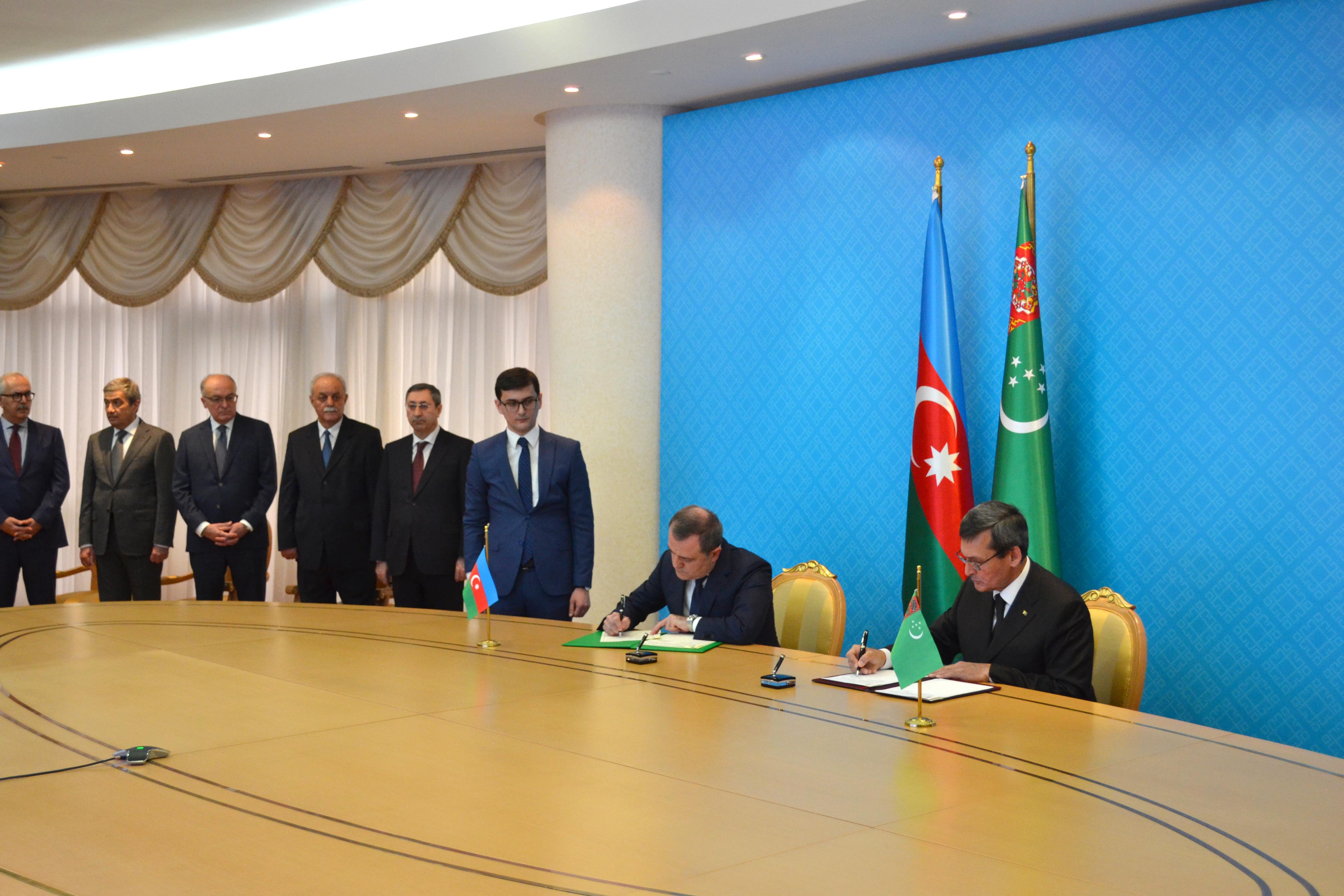 THE AZERBAIJAN-TURKMENISTAN AGREEMENT FROM A TURKISH PERSPECTIVE
THE AZERBAIJAN-TURKMENISTAN AGREEMENT FROM A TURKISH PERSPECTIVE
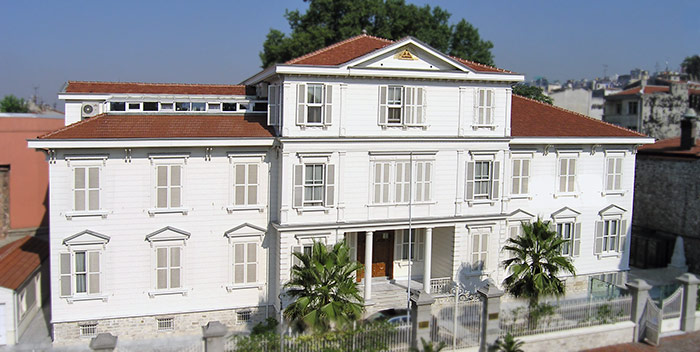 THE ELECTION OF THE ARMENIAN PATRIARCH OF ISTANBUL
THE ELECTION OF THE ARMENIAN PATRIARCH OF ISTANBUL
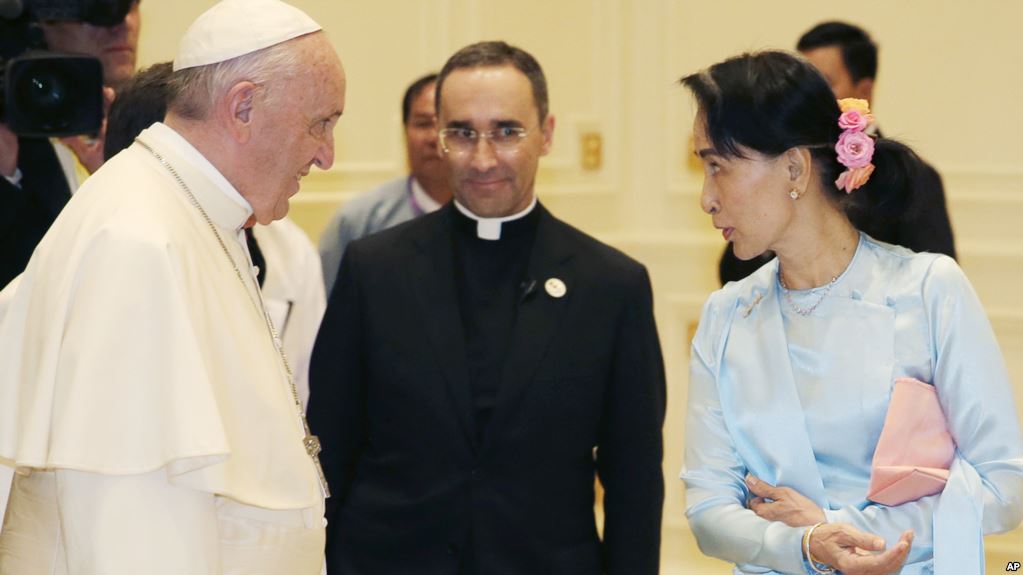 THE HUMANITARIAN APPROACH AND ACKNOWLEDGMENT OF THE IDENTITY OF THE ROHINGYA SHOULD NOT BE SEPARABLE
THE HUMANITARIAN APPROACH AND ACKNOWLEDGMENT OF THE IDENTITY OF THE ROHINGYA SHOULD NOT BE SEPARABLE
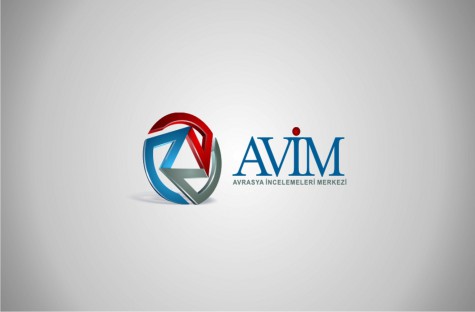 PRESIDENT SARGSYAN’S RESPONSE TO THE INVITATION FOR THE COMMEMORATION CEREMONIES OF THE 100TH ANNIVERSARY OF THE BATTLE OF GALLIPOLI
PRESIDENT SARGSYAN’S RESPONSE TO THE INVITATION FOR THE COMMEMORATION CEREMONIES OF THE 100TH ANNIVERSARY OF THE BATTLE OF GALLIPOLI
 ON THE POPULATION EXCHANGE BETWEEN GREECE AND TURKEY
ON THE POPULATION EXCHANGE BETWEEN GREECE AND TURKEY
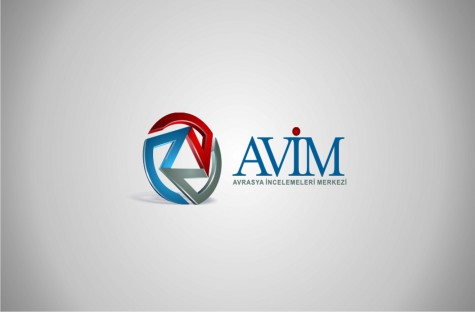 AN EVALUATION OF FILMS WITH THE GENOCIDE THEME DURING THE CENTENARY
AN EVALUATION OF FILMS WITH THE GENOCIDE THEME DURING THE CENTENARY
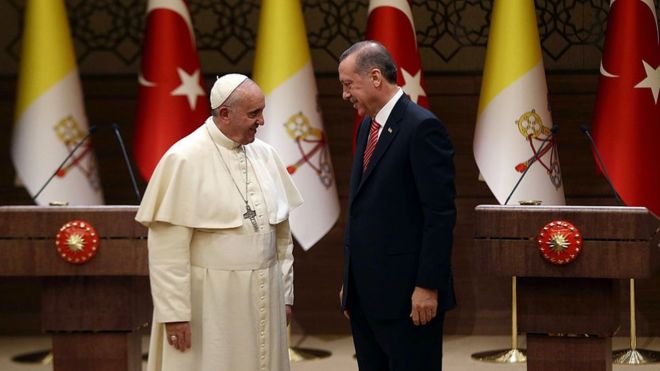 PRESIDENT ERDOĞAN AND POPE FRANCIS’ MEETING AT THE VATICAN
PRESIDENT ERDOĞAN AND POPE FRANCIS’ MEETING AT THE VATICAN
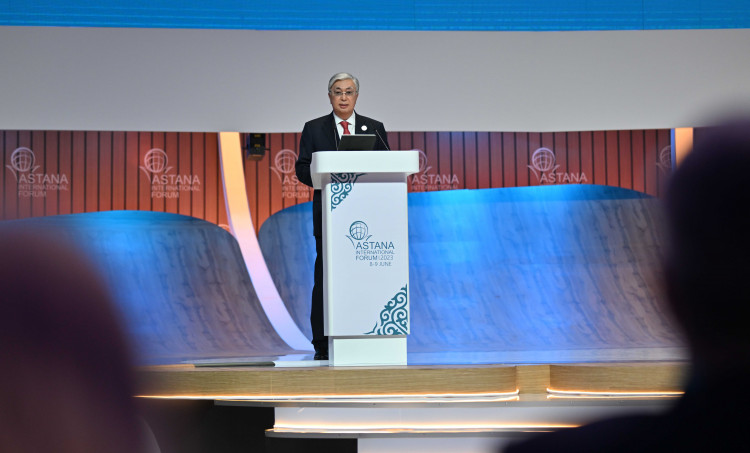 DISPLAYING THE ‘NEW KAZAKHSTAN’ IN THE GLOBAL POLITICAL SYSTEM: THE ASTANA INTERNATIONAL FORUM
DISPLAYING THE ‘NEW KAZAKHSTAN’ IN THE GLOBAL POLITICAL SYSTEM: THE ASTANA INTERNATIONAL FORUM
 AKÇAM'S DISTORTIONS CONTINUE
AKÇAM'S DISTORTIONS CONTINUE




























